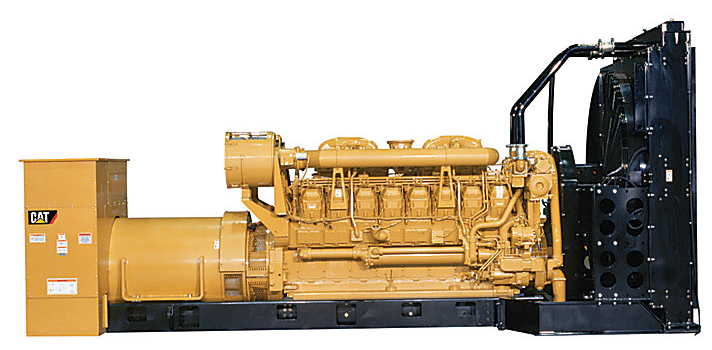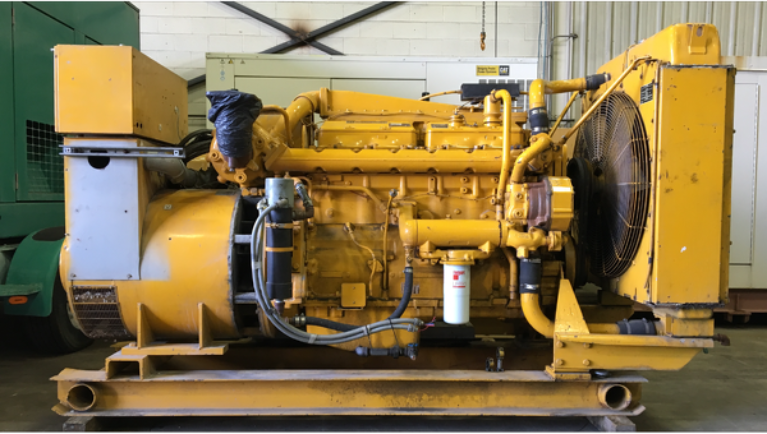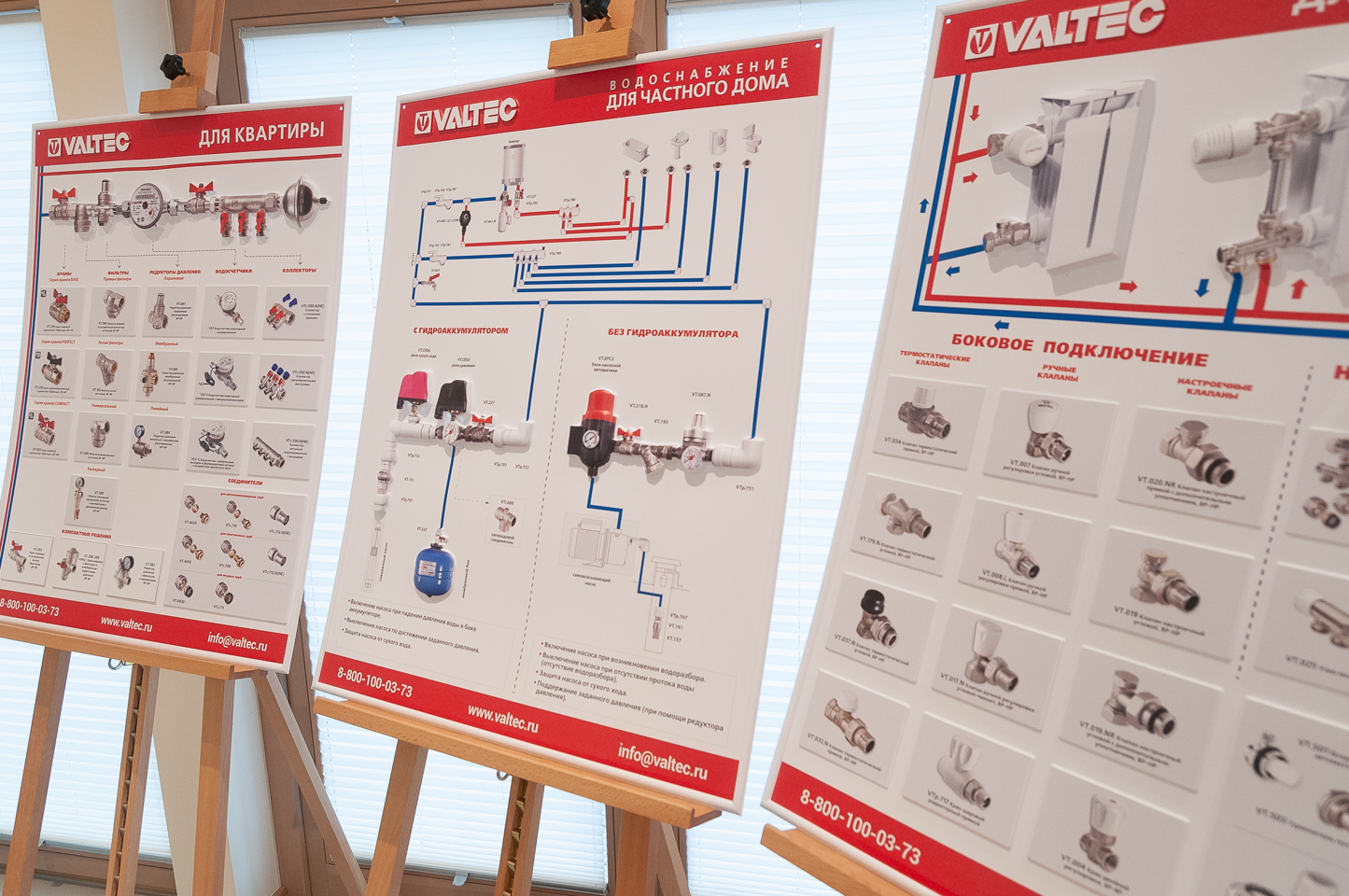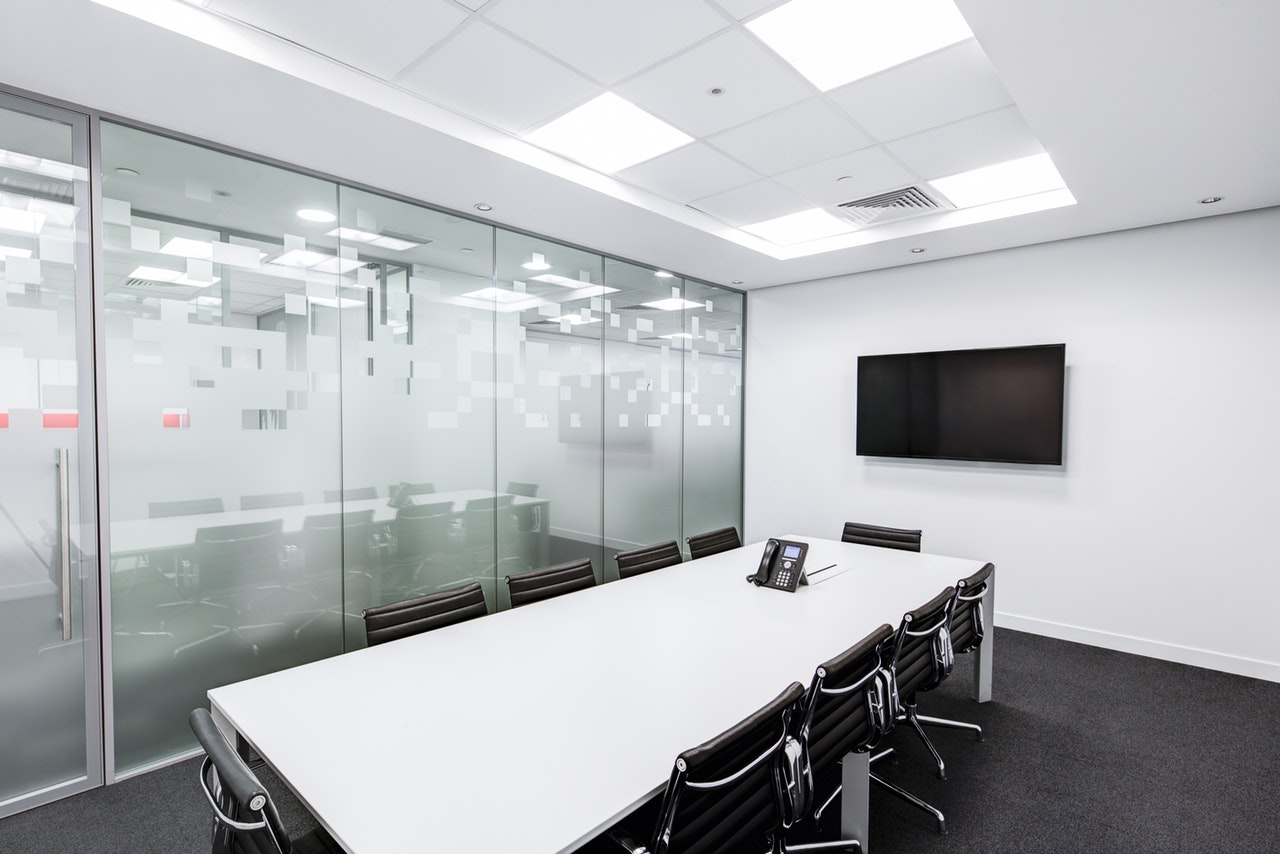Business litigation occurs when there is a conflict mostly in the business sectors. Here the disputes can arise in many ways but majorly when an individual or company enters into illegal activities for financial gain.
Business litigation is termed complex when it involves multiple parties or multiple venues. For instance, in multiple parties, it can be between the employees, sub-contractors, and contractors. As the number of players grows so does the complexity of the litigation increase.

In the US, the business law recognized business litigations and has a complex business litigation area that defends the companies that are faced with the only option of solving business disputes in court. They are serious legal disputes and the individual or company in question should seek the right representation in court to handle these cases.
Top three things to do when faced with business litigation
1. Seek help- if an individual or company, is seeking to bring a claim against you which may cost you money, customers, and reputation, then it’s wise to seek legal representation to reduce the potential damage.
If you act too slow then you might find it too late to manage the litigation which can you with a myriad of worse legal issues.
2. Get a reliable attorney- when faced with complex business litigation, it’s always best to get a team of lawyers or a single attorney who can manage and deal with the legal challenges. Though hiring legal representatives is expensive, you will realize its cost-effectiveness compared to when you get a fine for a particular offense. Besides, you will maintain your reputation which is vital for a business to thrive

3. Be realistic- as a realistic entrepreneur, you should know that the basics of running and maintaining your business is maintaining good relationships. The good relationship you maintain with your attorney is important to the one you do with your business partners and customers.
Business litigation may seem a daunting challenge for individuals and businesses but with the right legal representation, it will be soon over. Get a reliable attorney today for guidance and expertise on your case.





 Provide training
Provide training
















